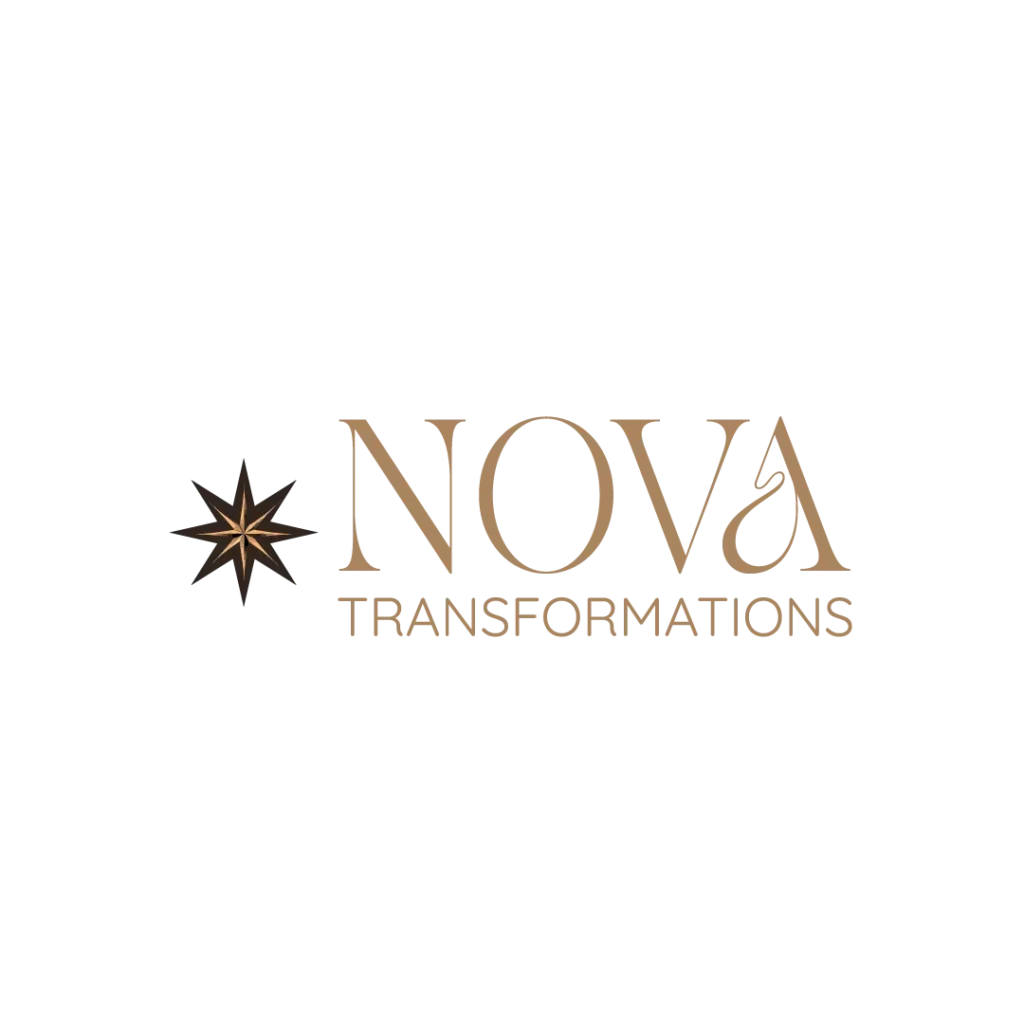Those who have friends or family members struggling with addiction want to offer support and steer someone with addiction toward the help they need, but doing so can present a challenge, especially when someone does not recognize the need for help. If you’re wondering how to convince someone to go to drug rehab, keep reading to learn more about supporting your loved one through this journey.
Boundaries and Enabling

In some cases, convincing a loved one to go to drug rehab may require unique action on your part: setting boundaries and no longer enabling.
Figuring out how to convince someone to go to drug rehab may not be something within your control, particularly if the person in question does not face many consequences for their actions.
For example:
Alex has a drug problem. He is a 25-year-old man who lives at home with his parents. His parents continually offer to take him to meetings or help him find outpatient programs, but when Alex chooses not to attend, or he quits, there are no consequences.
Alex is told he cannot use while living at home, and yet when he does, nothing happens.
Alex lost his license and recently crashed his motorcycle, so when he needed to go somewhere, he either walked or stole his mother’s car. His mother has repeatedly told him not to do that and that if he gets into trouble or does something illegal while using her car, she doesn’t help him. And yet, when Alex most recently stole the car and ran out of gas on the highway, his parents came to pick him up and brought gas to fill the car. When the police arrived, his parents said that he ‘ran out of gas’ and they were bringing some to him, but nothing more.
In the example of Alex above, his parents might be researching how to convince someone to go to drug rehab because they want Alex to get help, but until such time as his parents set hard boundaries and no longer enable his behavior, Alex is unlikely to seek help.
Recognizing Enabling Behaviors
Enabling occurs when well-intentioned actions inadvertently support continued substance use. Common enabling behaviors include:
- Making excuses for their behavior to others
- Taking over their responsibilities
- Providing financial support that may fund their addiction
- Repeatedly bailing them out of trouble
- Avoiding discussions about their substance use
- Participating in substance use with them
How to Set Healthy Boundaries
Setting boundaries is an act of love that can help motivate change:
- Be clear and specific about what behaviors you will and won't tolerate
- Communicate consequences and follow through consistently
- Focus on behaviors, not the person
- Use "I" statements to express how their actions affect you
- Remain calm and compassionate while being firm
- Seek support for yourself through groups like Al-Anon or therapy
Interventions

For some, the best way to figure out how to convince someone to go to drug rehab is with a professional intervention. Good communication is an essential part of explaining to a loved one the impact that their drug use has had on the family and why getting help is important. However, this type of interaction can be fraught with discomfort.
With help from a professional interventionist, your family can prepare for intervention by writing and rehearsing what will be said, selecting the most appropriate attendees, and having a reliable facility on hand if your loved one comes away from the intervention ready to accept help.
For example:
Alex’s parents are ready to set boundaries, but they also want to make it clear that they love and support their son. Working with a professional interventionist, the two of them decided that having a trusted sibling, a favorite uncle, and a best friend present would make the strongest impact during an intervention.
They are able to pick a neutral location and each takes turns writing and rehearsing what it is they want to say so that Alex understands they are coming from a place of love and while there are boundaries, they prefer that Alex get the help he needs instead of feeling attacked by the boundaries that the family is setting.
Alex’s parents have struggled with communicating the impact that his addiction has had on the family, and working with a professional interventionist has given them the opportunity to make sure that they are phrasing things in the most supportive way possible and that they are setting clear consequences for his decisions.
Types of Interventions
There are several intervention approaches, including:
- Classic intervention: Family and friends gather to express concern and present treatment options
- Family systemic intervention: Focuses on healing the entire family system
- CRAFT (Community Reinforcement and Family Training): Teaches family members skills to encourage treatment without confrontation
Working with a Professional Interventionist
Professional interventionists bring expertise that can significantly increase the chances of a successful outcome. These specialists can:
- Help determine the most appropriate intervention approach
- Guide family members in preparing effective, non-judgmental statements
- Provide structure and moderation during the actual intervention
- Assist with immediate treatment admission if the person agrees
- Offer contingency plans if the initial intervention isn't successful
Signs Someone Needs Professional Help

Identifying when casual substance use has progressed to addiction requiring professional intervention is crucial. Look for these warning signs:
- Increasing tolerance (needing more of the substance to feel the same effects)
- Experiencing withdrawal symptoms when not using
- Failed attempts to cut down or control use
- Continuing use despite harmful consequences to health, relationships, or work
- Spending significant time obtaining, using, or recovering from substances
- Neglecting responsibilities and activities once enjoyed
- Using in physically dangerous situations (like driving)
- Persistent relationship problems related to substance use
Light Your Path with Nova Transformations
At Nova Transformations, we specialize in partial hospitalization programs and intensive outpatient programs that are transformative and designed to offer a fully structured care program with lasting healing. This healing is facilitated by therapies such as:
- Art therapy
- Music therapy
- Psychodrama
In addition to our unique experiential therapies and interactive group sessions, we also offer collaborative, personalized treatment plans that include dynamic programs with yoga, ice baths, experiential outings, nutritional groups, breathwork, and weekend outings.
Our goal is to elevate the clinical treatment experience of traditional drug rehab by ensuring clients have fun in their sobriety and learn that there are things they can live for beyond addiction.
What Makes Nova Transformations Different
Founded by individuals with personal experience in addiction recovery, Nova Transformations offers a unique approach that combines clinical excellence with genuine compassion:
1. Dual diagnosis treatment addresses both addiction and underlying mental health conditions.
2. Experiential weekend outings that teach clients to find joy and purpose in sobriety
3. Family involvement with weekly family therapy sessions
4. Somatic therapy and other holistic healing approaches, integrating traditional and innovative modalities
5. Individualized care plans tailored to each client’s unique needs
Supporting Your Loved One Through Recovery
Once your loved one agrees to enter treatment, your support remains crucial to their success:
1. Learn about addiction to better understand their experience
2. Participate in family therapy sessions when invited
3. Maintain appropriate boundaries throughout their recovery
4. Celebrate small victories and progress
5. Be patient with the recovery process, including potential setbacks
6. Take care of your well-being through self-care and support groups
Light Your Journey at Nova Transformations
Overall, if you are trying to figure out how to convince someone to go to drug rehab, it is important that you communicate your wishes, set boundaries, and use professionals where needed. Having a specialized treatment program on standby can ensure that when your loved one is ready to take the next step toward recovery, we are there for them.
Contact our drug rehab in Charlotte, NC, today at (704) 961-9322 to learn more about how our outpatient programs might work best for your loved ones.
Ready to take the first step? Verify your insurance today to see if our treatment programs are covered.








